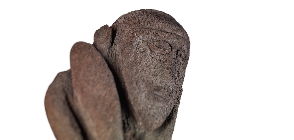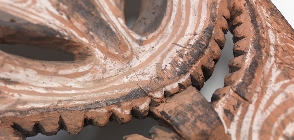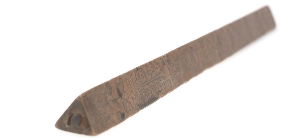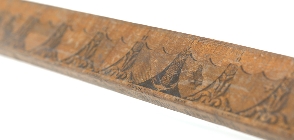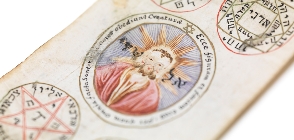Whether or not Nicolaus Copernicus (1473–1543) actually had an intelligence quotient of one hundred is very difficult to determine today. Francis Galton (1822–1911), statistician, naturalist and writer, was convinced that both intelligence, as well as other human characteristics, were hereditary. At the World Exhibition in London in 1864, he set up a laboratory where visitors could have their intelligence measured.1 The intelligence test that is still used today was only developed in 1912, by the American Lewis Terman (1877–1956). And it was the American who calculated Copernicus's IQ as being from 100 to 110.2 Lewis Terman's IQ test was a standard test in schools, enterprises and the military until the 1960s. Every question on the test was allocated a mental age. If a five-year-old child solved a question for a seven-year-old, he or she got a plus point and thus was mentally "older".3 There are various IQ tests today, which indicates that a uniform definition of intelligence is still to come.4 The hereditariness of intelligence is estimated to be forty to eighty per cent. There is still no method of increasing intelligence in the longer term, particularly as different types of intelligence are accepted.5
Measuring Size: IQ Copernicus
Anna Karsko
see Bibliography here ‹Vermessene Grösse: Normalgewicht›
Serena Lo Presti, MKB
Short movies
Curators in dialog with objects (in German only, with an English summary)
Trailers
Specials

















